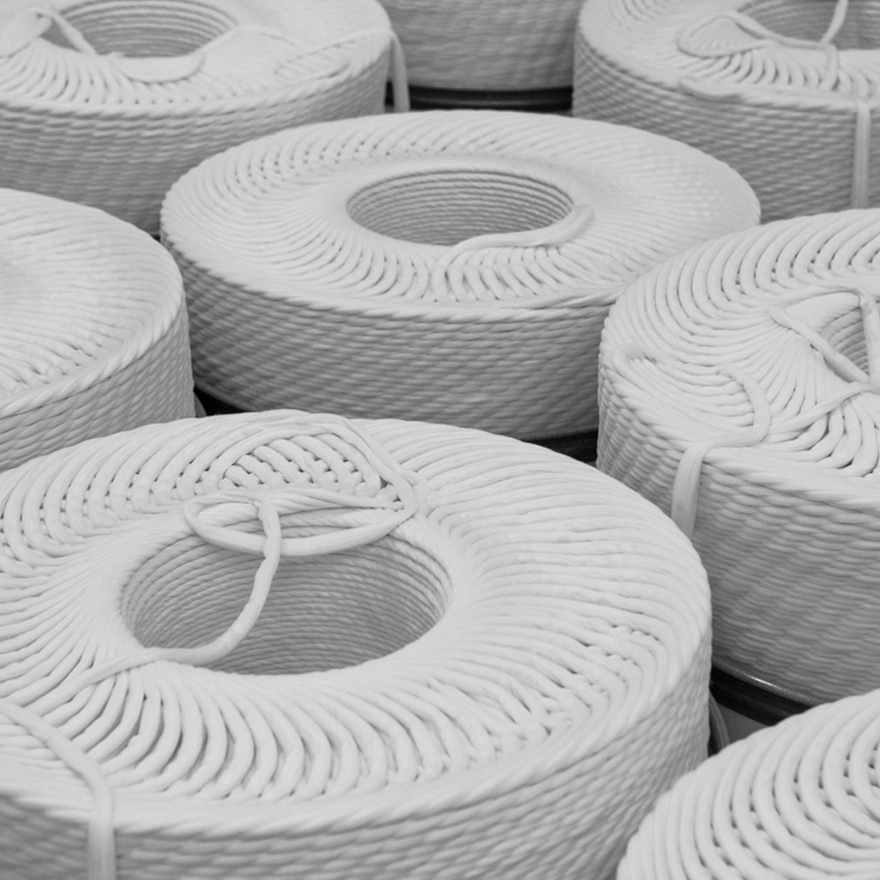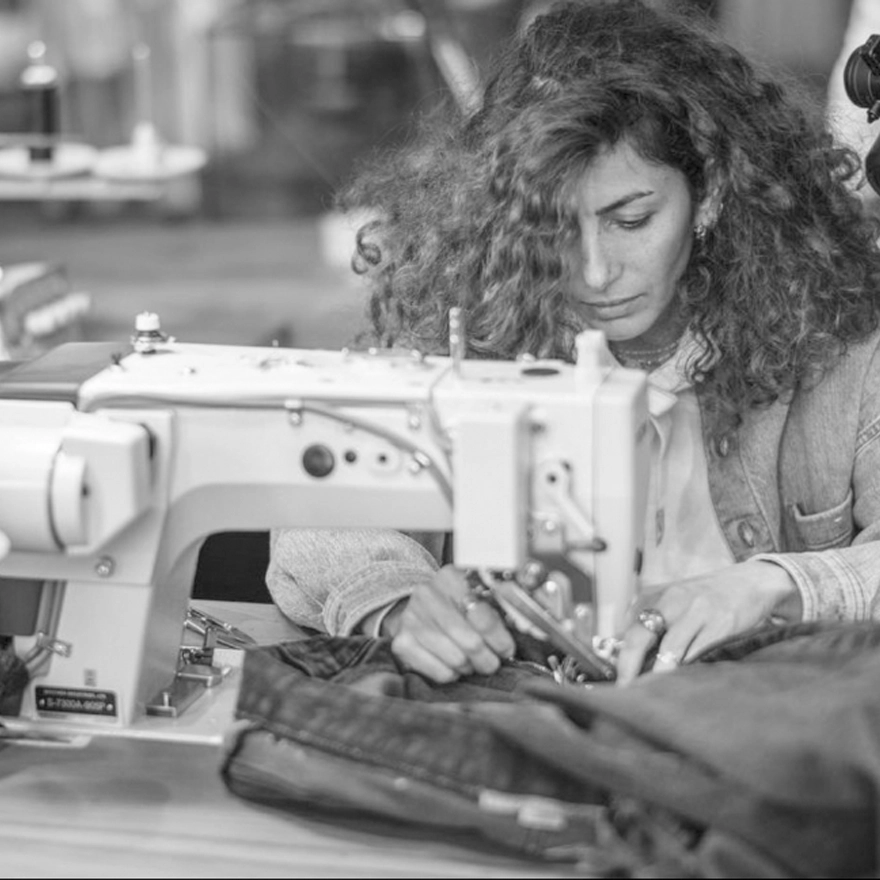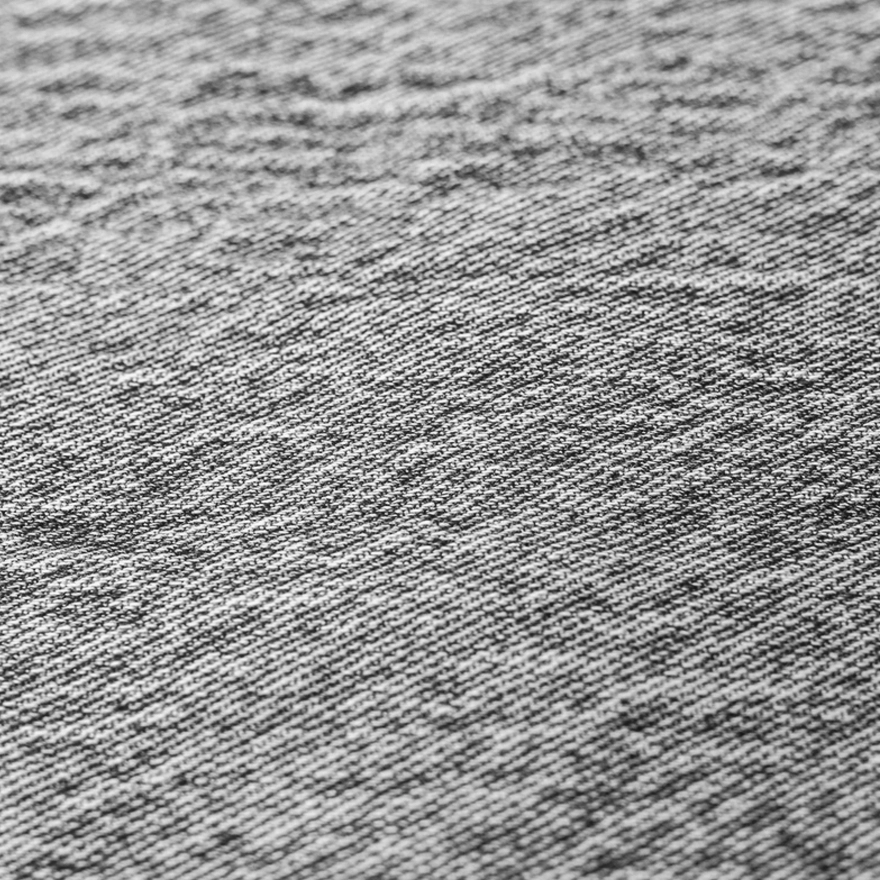The material does a lot, we know, but it is not the only element to take into account. Let’s take a look.
Coreva Design’s fabric is internally produced. Which means that production cycles can be managed to cater true needs and overproduction can be avoided. Being the first, fully natural elastic fabric enables Coreva to transform the by-product of the productionprocess into compost, contributing to the regeneration of the environment from which natural resources were extracted in the first place.

Owners of a Coreva Design pair of jeans can access a series of services designed to extend the life of the garment till its new beginning. High quality ensures durability. In-store repair stations guarantee easy access to repair and re-design services. Eco-design thinking methodologies and take-back schemes enable jeans which cannot be repaired nor remodeled to be recycled and, eventually, transformed into compost.

Beyond recyclability, the end of a cycle for Coreva Design jeans is simply the beginning of a new one. While conventional denim can take 400 years to degrade, Coreva can instead compost in 4 months and improve soil germination rates by 22%. From fabric to plant, Coreva Design holds regenerative power at its core. The kind of power needed to stretch the status quo of the industry for good.

